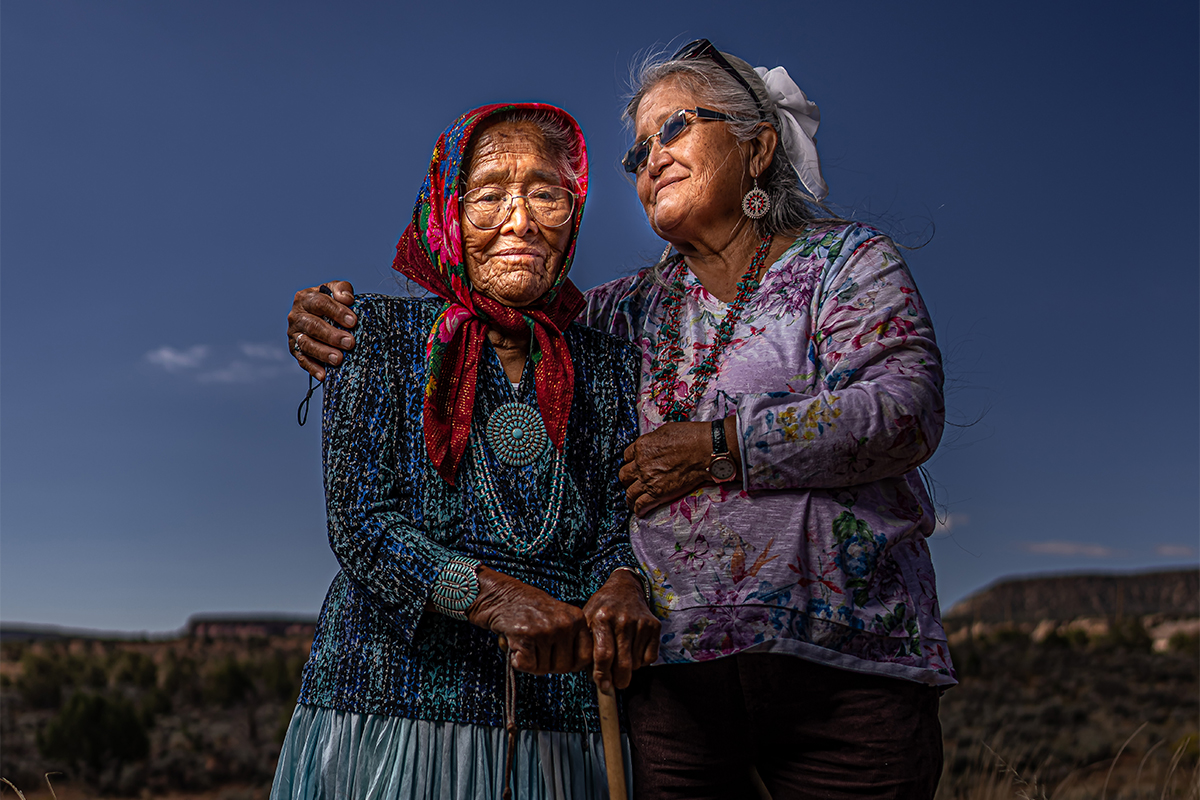Join the Leading Global Eye Health Alliance.
MembershipEmpowering marginalised people with respect to eye care needs and the importance of vision for all will reaffirm the right of every human being, without distinction, to the enjoyment of the highest attainable standard of physical and mental health.

Image by Michael Schoenfeld for John A. Moran Eye Center, University of Utah Health